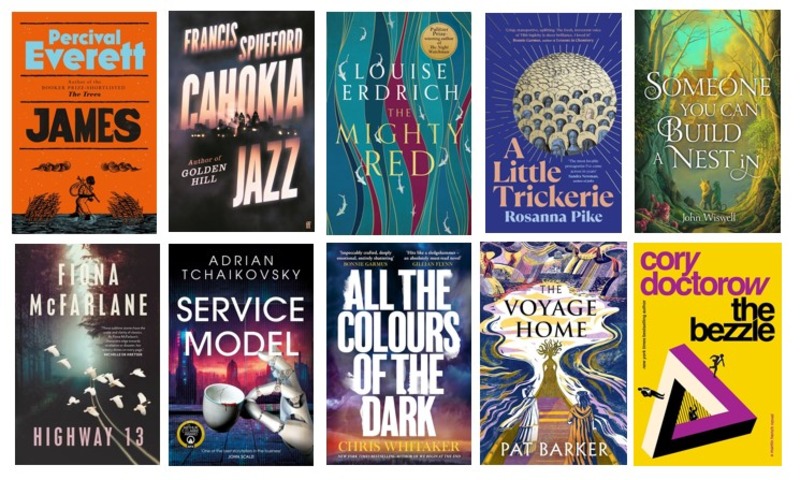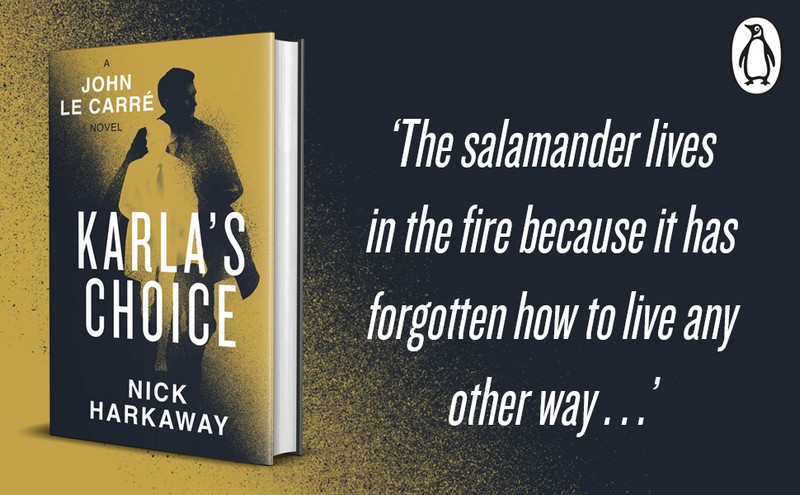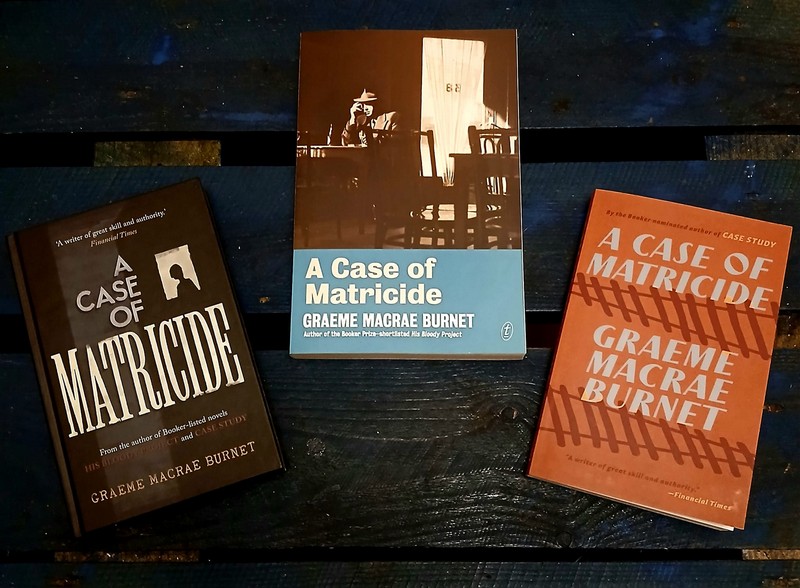 Australian journalist Paul Daley takes on his country’s past in his new novel Jesustown. Set mainly in a remote Aboriginal community in Australia’s far north, Jesustown attempts to tackle not only Australia’s history but the way in which we remember and record history.
Australian journalist Paul Daley takes on his country’s past in his new novel Jesustown. Set mainly in a remote Aboriginal community in Australia’s far north, Jesustown attempts to tackle not only Australia’s history but the way in which we remember and record history.
Patrick Renmark is in disgrace. The reasons for this become slowly apparent as the story progresses but it involves a broken marriage, a dead child and an ill-conceived affair. But Renmark is also famous, well known for the histories that he churns out which he accepts are not strictly history and are in fact intended to make his readers “feel good about their myths and fables”:
My Lachlan Macquarie? His murderous rampage at Appin was merely a blemish. A forgivable act of impatience, an aberrant brain-snap on the part of the great civiliser and undeniable gentleman… My John Batman was a benevolent treaty-maker with the Kulin national – nothing of the syphilitic grifter or hunter-killer of the Tasmanians about him…
Renmark is thrown a lifeline by his publisher. Paid to return to the Aboriginal community of Jesustown and write about his grandfather who had worked as a self-taught anthropologist there. Renmark goes back, under sufferance and finds a huge but random collection of his grandfather’s materials. In among that collection he finds a series of tapes in which his grandfather tells the true story of his time among the People (as he called the community). And while there Renmark reconnects with two now successful locals – Jericho and Tamar – and has to confront his own history with them as a teenager.
Patrick Renmark is a hard character to like. He is for the most part unrepentant, heavy drinking and dismissive of the genuine attempts of those around him to keep him safe and help him heal. And while it cannot be said that he becomes a better person through the narrative, he does learn that history, particularly his own history and the story of his grandfather, is much more complex and nuanced than the way he approaches his own stories.
Daley tries to grapple with shameful episodes of Australian colonial history in Jesustown. But he does not do so in a didactic way. He tries to unpick and lay bare issues of inter-generational trauma and the resilience of present day communities in the face of a violent and oppressive history. And in the character of Patrick’s grandfather Nathaniel Renmark he explores the colonial enterprise and the complex relationship of the community with a figure who was both ally and destroyer.
While it deals with deep and sometimes intractable issues, there is a lightness and sense of humour in Jesustown and its characters that keeps the narrative from descending into unrelenting darkness. And it is the resilience around him that pulls Patrick through, dragged unwillingly from his black and white view of history and a realisation that only in confronting and reconciling with the grey can any common understanding be achieved.
Robert Goodman
For more of Robert’s reviews, visit his blog Pile By the Bed
Other reviews you might enjoy:
- The Seven (Chris Hammer) – book review
- Devotion (Hannah Kent) – book review
- Dust Off the Bones (Paul Howarth) – book review

Robert Goodman is a book reviewer, former Ned Kelly Awards judge and institutionalised public servant based in Sydney. This and over 450 more book reviews can be found on his website Pile By the Bed.



